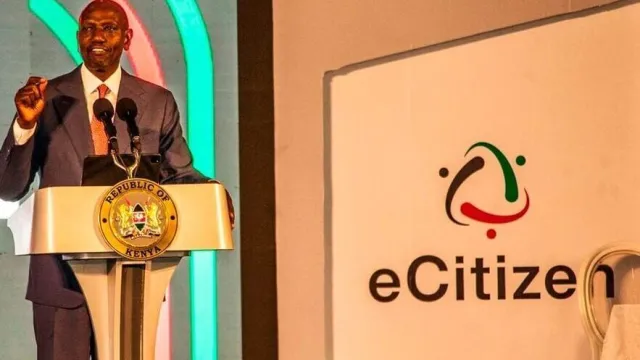Blow to govt as court outlaws e-Citizen school fees policy

The move by former Education PS Belio Kipsang that parents and guardians make school fees payments through the e-Citizen platform starting January 2024 has been declared unconstitutional.
The High Court has faulted the government directive requiring parents to pay school fees through the eCitizen platform, terming it unconstitutional as there was no public participation carried out before the directive was announced.
While delivering his judgement on Tuesday, High Court Judge Chacha Mwita stated, "The directive lacks a legal foundation and was issued without public participation. School fees are not government revenue to be collected through a national platform.”
Mr Justice Mwita noted that the Kes50 convenience fee imposed on transactions using the eCitizen platform had no legal basis and would lead to double taxation. "It does not make sense for the government to compel citizens to use a platform and then force them to pay to sustain it," he pointed out.
The court further questioned the integrity and transparency of eCitizen platform, noting that it was unclear who collects the funds and where they are deposited. Moreover, using the platform to pay fees would have negative impacts on the students whose parents pay fees in kind, such as by providing maize or beans.
The ruling was in response to a petition filed by Nakuru-based activist Magare Gikenyi and the Law Society of Kenya (LSK) challenging the government's directive, in which the then Education PS Belio Kipsang directed that parents and guardians make school fees payments through the e-Citizen platform starting January 2024.
The petitioners argued that the process lacked adequate public participation and stakeholder engagement. The petition also raised concerns about the KES50 transaction fee charged when the school fee is paid by parents.





